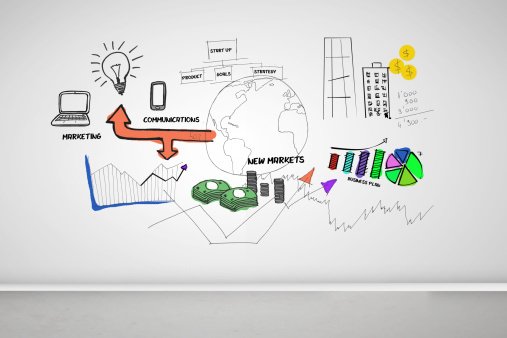Customer influence has been redistributed in the pharmaceutical industry over the last decade, with a shift away from individual physicians and toward payers (including patients). That means the role of the pharmaceutical sales rep is changing too, and pharmaceutical sales training must adapt.
The pharmaceutical industry has traditionally been more brand-centric in marketing, but changes in the marketplace make it clear that a more customer-centric focus is now necessary. That may involve timing sales rep-physician interactions differently, or be opening new channels of communication between them. Ultimately, pharmaceutical sales training has to embrace customer-centric marketing strategies so that reps can maintain the customer access they need.
Exploring New Communications Channels
Younger doctors, in particular, prefer to get the latest news and communications from sales reps through digital channels – especially with mobile devices. Digital channels have been around for a while, but in many cases it’s up to the pharmaceutical sales force to introduce them. Engagement rates for things like watching a video or attending a virtual meeting are increasing as doctors learn about these new communications options.
To take advantage of doctors’ increasing openness to digital communication channels, pharmaceutical companies have to use an integrated approach with several communication methods to gain and maintain doctors’ attention. A mix of face-to-face communication with digital communication, orchestrated by the pharma sales rep is an emerging trend.
Making Personal Selling More Efficient
Personal selling is still essential to pharmaceutical sales training, but sometimes it isn’t as efficient as it needs to be, particularly with older, established brands, where reps have to take a more service-intensive approach rather than an educational approach. Office staffs are becoming more involved in product decisions due to the increasing demands on doctors’ attention. Nurses are often the front line when it comes to things like handing out samples and co-pay cards for products, yet pharmaceutical sales training may not adequately address this new relationship.
What Doctors Want
When a drug is new, physicians want pharmaceutical reps who are experts on the product. As products mature, physicians are more interested in services, like formulary information, samples and co-pay cards. What it all comes down to is that physicians don’t want to waste their increasingly limited time, and it’s hard for them to tell whether that will happen when they see a sales rep waiting for them. Will they learn about an important medical update, or will the rep ultimately have nothing new on a brand that’s been around for a long time? That’s why pharmaceutical sales training has to emphasize discovering what doctors want in terms of product education and service and finding the best ways to provide it.
Reaching Patients, Modifying Sales Reps’ Roles
Earlier this year, Dr. David Nash, Dean of the Jefferson Medical University School of Population Health says, “The most disruptive action a pharma company can take is to trump the competition with new and more effective tools to educate the patient. It’s very simple: the most sensible investment is one which will contribute to making patients better consumers of medicine.”
Other actions pharmaceutical companies are exploring include moving from “regional sales manager” to “account manager” models that expand reps’ roles. Some companies are hiring junior reps whose tasks largely involve dropping samples off and maintaining contact, while leaving significant interaction to higher level reps.
Skills That Are Gaining Prominence
Pharmaceutical sales training has to recognize that reps today are a connection through which physicians and other healthcare providers can gain access to important resources and tools. Reps have to have a strong medical science background, of course, but they also need excellent relationship-building skills on both the institutional and individual level. That’s because payer/provider consolidations increasingly result in policies that limit access to individual physicians. When reps master digital communications channels (which many physicians are starting to prefer), they can stay ahead of the curve and adapt more readily to the needs of their customers.
A mix of personal and technical skills are essential to today’s pharmaceutical sales training, as the industry becomes less brand-centric and more customer-centric. Understanding what customers need and acting on that is the key to a winning sales strategy, particularly in the competitive pharmaceutical sector.
CLD designs and delivers custom training materials for the pharmaceutical industry, with programs that empower reps with the pharmaceutical sales skills required in a rapidly evolving sales environment. CLD also makes available extensive free online resources for trainers, giving them access to the tools they need to train the most effective and capable pharmaceutical reps. If you want to know more, just contact us. We would be delighted to hear from you.





